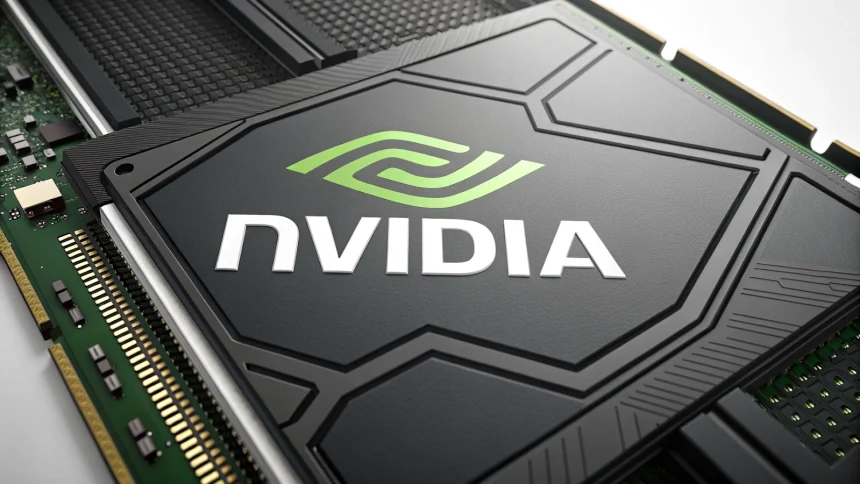Revenue-Sharing as the Price of Export Licenses
Under a groundbreaking and controversial agreement, U.S.-based chipmakers Nvidia and AMD will pay the U.S. government 15% of their revenue from AI-related chip sales in China—specifically from Nvidia’s H20 and AMD’s MI308 products—as a condition for obtaining U.S. export licenses. The move, facilitated by the Trump administration, came after a temporary halt in H20 exports earlier this year.
Strategic Motives and Industry Reactions
The origins of this revenue-sharing arrangement stem from shifting export-control dynamics. Originally halted in April over security concerns, H20 chip sales to China resumed after high-level engagements, including a meeting between Nvidia’s CEO and President Trump. File approvals by the Commerce Department followed shortly thereafter. Analysts estimate Nvidia may generate approximately $23 billion in H20 sales in China in 2025, highlighting the magnitude of revenue potentially affected.
Legal and Ethical Controversy
Critics—including former U.S. officials and export control experts—warn that the revenue-sharing arrangement may conflict with constitutional bans on export-specific taxes and undermine export-control purpose. Export controls traditionally serve national security, not revenue generation. Some describe this deal as akin to a “bribe or blackmail.”
Company Responses and Strategic Justifications
Nvidia cited adherence to U.S. government rules and stressed the need for the American “AI tech stack” to remain globally relevant. While the company declined to explicitly confirm the payment mechanism, it emphasized compliance and competitiveness. AMD and the Commerce Department have not provided comments to date.
National Security, Trade Strategy, and Diplomatic Significance
Proponents argue the move ensures continued U.S. influence in China’s tech landscape while softening restrictions as part of broader trade diplomacy. Commerce Secretary Howard Lutnick framed resuming chip exports as part of a strategic negotiation for rare-earth access.
Looking Ahead: Precedents and Policy Implications
This deal sets a new precedent: companies voluntarily surrender a share of revenue as a licensing condition. Questions remain about how these funds will be utilized by the government, and whether similar arrangements will reappear in future export negotiations. Critics warn it risks eroding trust in U.S. export policy and shifting the rationale from security to fiscal expedience.
This agreement between the U.S. government and two major chipmakers underscores the evolving, often fraught intersection of technology, trade, and national security, raising urgent questions about precedent, legality, and the priorities of U.S. policy in global tech competition.











